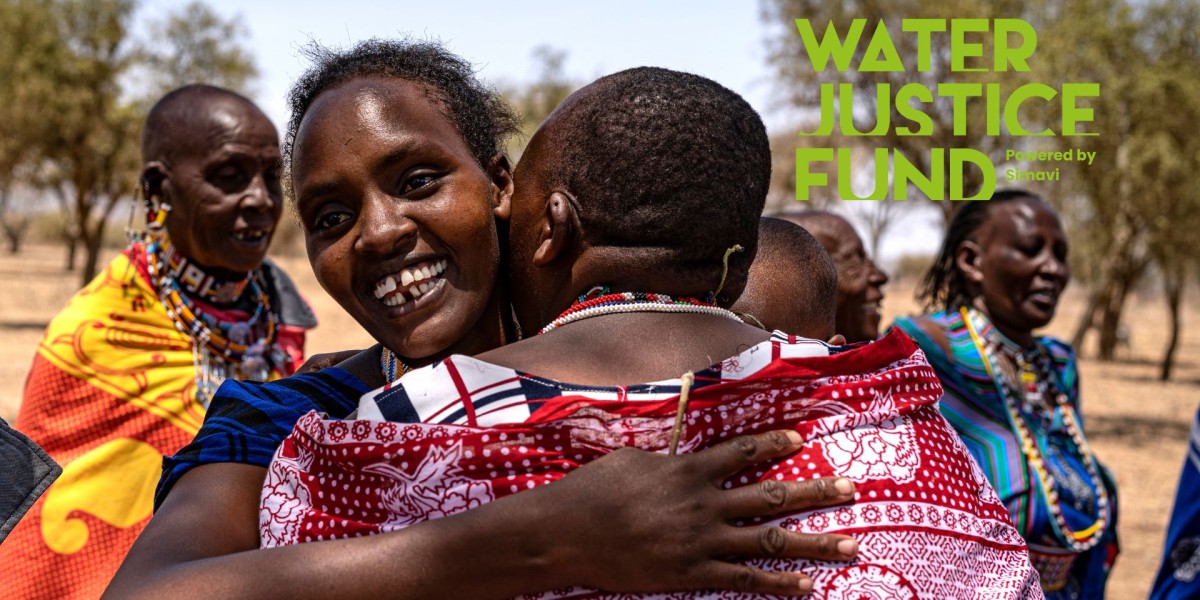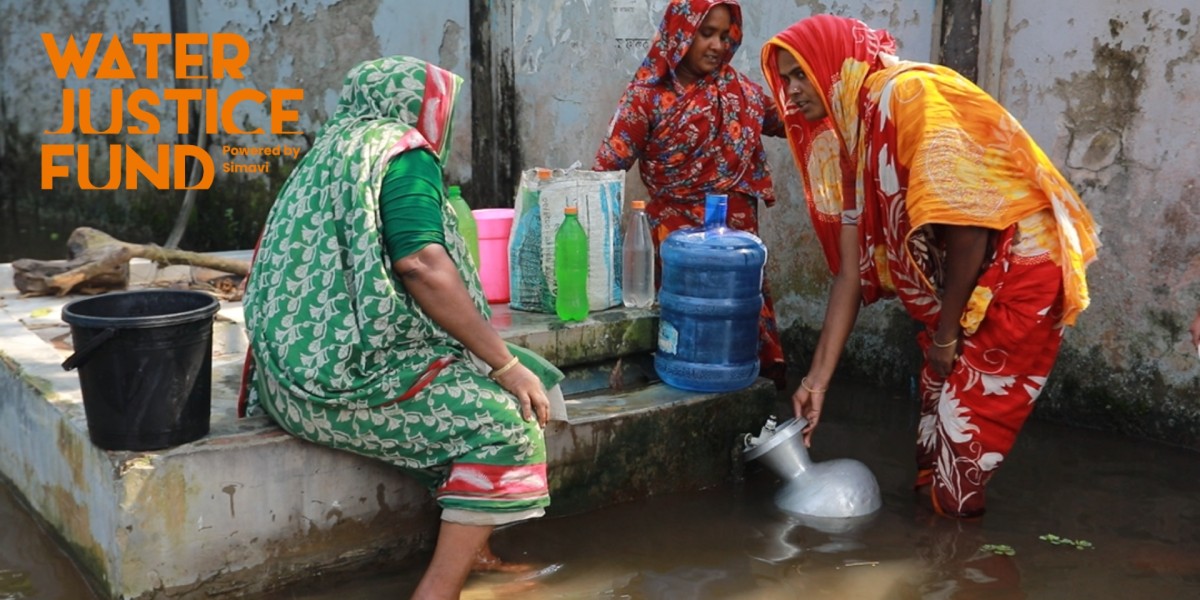Water Justice Fund - Movement Building Grants
The Water Justice Fund positions women at the forefront of climate action, strengthening climate resilience through locally led adaptation. The fund addresses systemic inequalities in water governance and aims to improve access to climate finance for water justice.
UPDATE 18-07-2025: Applications are now closed
Our Movement Building Grants are meant to support advocacy, campaigns, learning and evidence based research for influencing that advances water justice.
The deadline for applications has been extended until 18 July 2025. The applications for Movement Building Grants are open to projects in Nepal, Bangladesh and Kenya with the following objectives:
- Strengthen women’s leadership in locally led solutions for climate resilience and water security.
- Support collective action to put climate adaptation higher on the national and or global agenda.
- Strengthening participatory management, collective stewardship and multi-stakeholders' accountability.

Who can apply?
- Organisations, networks and individuals based in Kenya, Bangladesh and Nepal.
- Proven track record of working on water justice, gender and climate change
- Demonstrate clear strategies for collective approaches and alternative solutions for water justice issues.
Individual grantees can receive a maximum of €5,000, while organisations, collectives and networks may receive up to €10,000 per year.
Why Water Justice?
The Water Justice Fund is more than a fund – it is a bold step toward equity, resilience and justice for communities on the frontlines of climate crisis. Climate change worsens water security. Vulnerable communities in remote and underserved areas are disproportionately affected by water scarcity. The Water Justice Fund works towards water justice with a Feminist Approach.

Examples of eligible initiatives
- Efforts to create networks, platforms and coalitions that unite diverse stakeholders for collective action and or knowledge building on water justice issues.
- Campaigns aimed at influencing local, national, and global policies related to water governance, land rights and climate justice.
- Use of all available non-violent democratic means of redressal and transformation for water justice, including policy advocacy, public appeals and judiciary.
- Facilitation of women voices in forums of decision-making, amplification of multi-level dialogue on women leadership for water justice through innovative communication tools including folk art/digital technology.
- Conducting participatory research and advocacy to inform policies and strengthen community-driven solutions.
Initiatives that are not eligible
- Participatory or academic research not linked with specific advocacy/campaign interventions
- Political campaigns or entities with strong political and religious affiliations.
- Educational opportunities, academic scholarships, fellowships and travel support for attending seminars.
- Capital intensive expenditures to acquire, upgrade, or maintain physical assets.
- Proposals that include hardware-based interventions at the community level (e.g., infrastructure, construction, or installation of physical systems)
- Initiatives, collectives, groups, or organisations based in or with parent bodies located in the Global North.
All applicants that get selected have to abide by Simavi’s safeguarding policies and processes.


